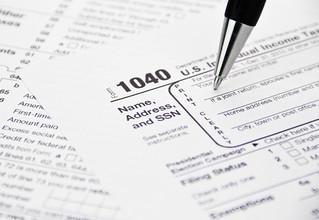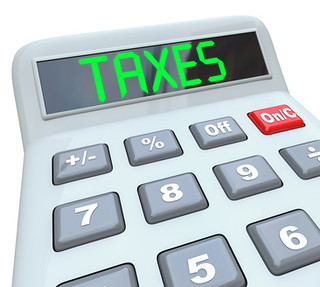Recent legislative changes have made it so that Americans
are required to have some kind of health insurance. If they do not have
adequate health insurance, however, they are forced to pay sizable penalties in
many cases. What do you do, however, if you don’t have health insurance and
can’t afford to pay the penalty for not having it? Well, fortunately for you,
there are some things you can do to make things a bit easier on yourself.
Exemptions
One of the first things that you should be aware of is that,
under the new laws, there are many exemptions (more than 30 actually!) that
will keep you from having to pay the aforementioned health insurance penalty,
and almost half of non-insured Americans will ultimately qualify for such an
exemption. This means that, oddswise, your chances of being exempted from
paying the penalty are pretty good!
Your best bet, if you want to learn about exemptions
thoroughly and/or think that you may qualify for one, is to speak with a
professional tax adviser to learn more about these exemptions and how they may
potentially apply to you and your situation.
In fact, in some cases, such as when your income is below
the IRS income filing threshold, you may not even have to apply for these
exemptions in order to receive them.
The Tax Credit Option
If you ultimately find that you do not qualify for an
exemption, then rest assured that this does not necessarily mean that all hope
is lost. You may, instead, be able to qualify for a tax credit that can take
care of or at least offset the penalty you have to pay. Examples of such
credits include:
l
The Child Tax Credit
l
The American Opportunity Tax Credit
l
The Earned Income Tax Credit
The bottom line is that, no matter where you currently are
in the process, a qualified tax professional can either help you to find
qualifying health insurance or to potentially find a way around paying the
penalty, which is why you should get in touch with a pro as soon as possible.






















